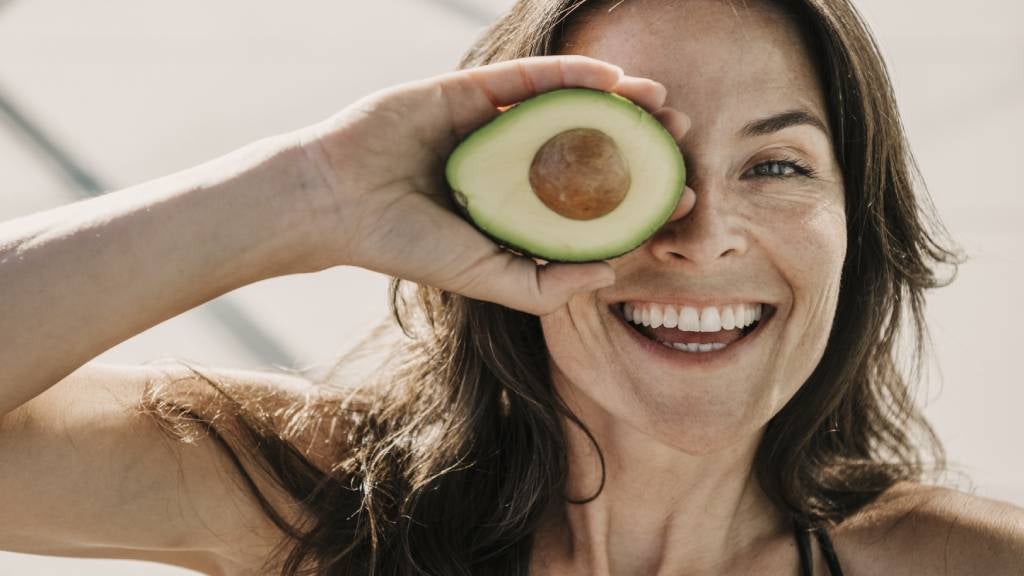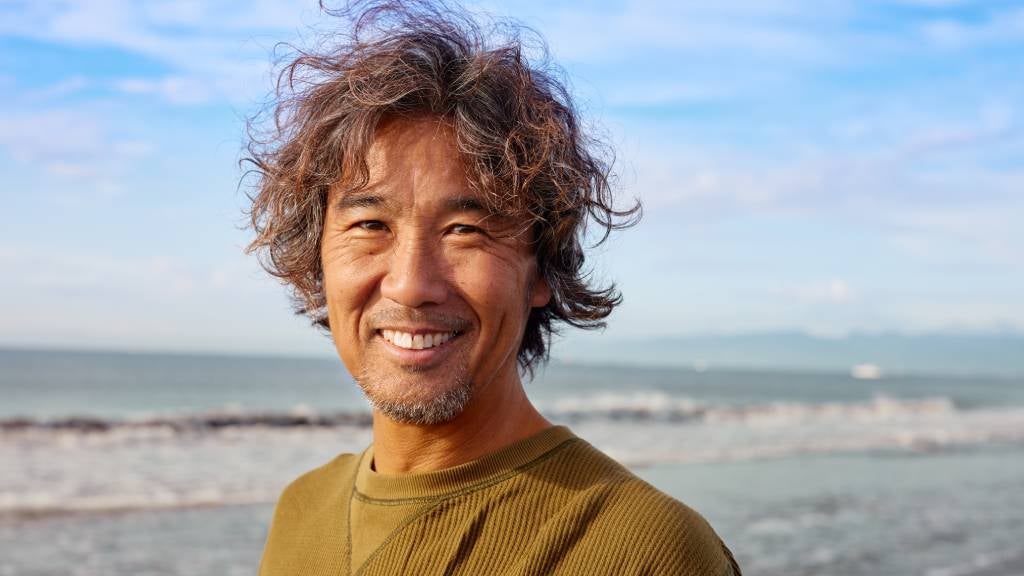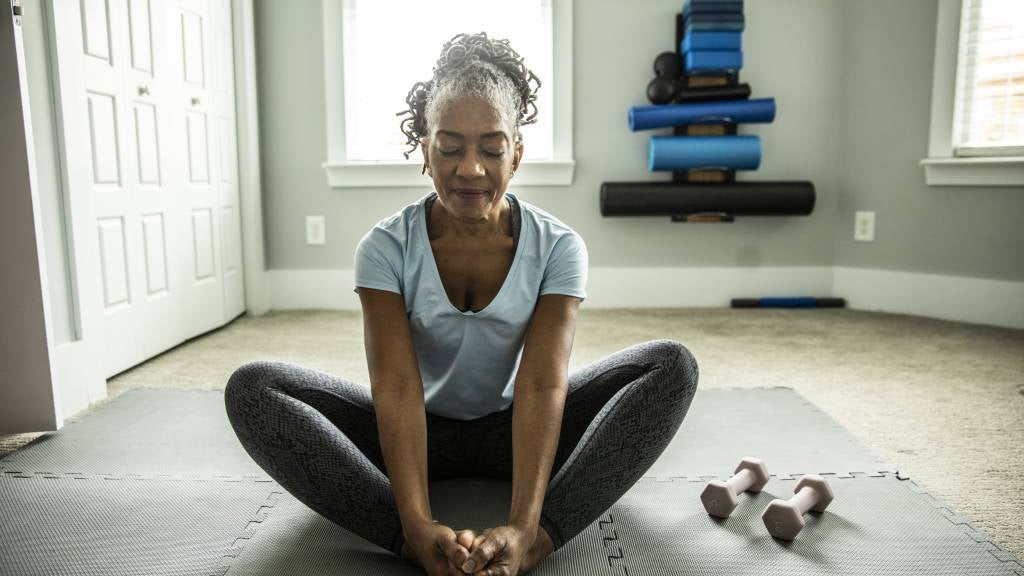Important health checks for every decade of your life

Written by Trudie McConnochie for Real Life Insurance.
When it comes to your health, the old adage is true – prevention is better than cure. Even if you’re feeling well, it’s a good idea to visit your healthcare professional regularly so they can check for any early signs of health issues, such as heart disease.
“Health checks are important for preventive medicine,” confirms Dr Bindiya Sethi, spokesperson for the Royal Australian College of General Practitioners. “We want to prevent some diseases from happening or detect them early if they are starting to happen, so that you can have a healthy lifestyle.”
Depending on your age, ethnicity, lifestyle, risk factors and family history, the specific health checks you need will vary. For example, if you have a family history of heart disease more regular blood pressure checks than the general population could be recommended by your doctor.
So, what are your next steps? Firstly, you should read about all these important health checks but remember to always consult your GP about what’s right for you.
In your 20s

- Blood pressure check every two years
- Chlamydia test every year
- Cervical screening every five years from age 25 onwards for women
- Dental check-up every six months
- Skin checks
While there are no official guidelines for skin cancer screening, Dr Sethi recommends all adults check their skin regularly from their 20s onwards. If you’re considered high risk – for example, you have fair skin or a lot of moles, have been badly sunburned, work outside or have a family history, your GP may recommend you book a skin check with a doctor or dermatologist every six months.
Please note, skin checks should also continue throughout your later decades, as skin health is an important factor no matter your age. According to the NSW Cancer Council, Basal cell carcinoma can develop in young people, but it is more common in people over 40, while Squamous cell carcinoma (SCC) occurs mostly in people over 50.
In your 30s

- Blood pressure check every two years
- Cervical screening every five years for women
- Dental check-up every six months
- Regular heart health checks for Aboriginal and Torres Strait Islander people
- Doctors may recommend a Blood glucose test for individuals over age 35 from an Aboriginal, Torres Strait Islander, Pacific Island, Indian Subcontinent or Chinese cultural background
For women, consider getting into the habit of self-checking your breasts, and see your GP if you notice any changes, such as lumps, thickening or contour changes.
“Once a month, [self] breast examination is important. You can speak to your GP about how to do a breast examination if you’re not sure,” Dr Sethi says. Note, breast checks (like skin checks) should continue throughout your lifetime.
In your 40s

- Blood pressure check every year
- Cholesterol check every five years from age 45
- Cervical screening every five years for women
- Dental check-up every six months
- Eye test every two to three years
- Regular heart health checks at age 45 and over
Although mammograms don’t become standard until you reach 50, Dr Sethi suggests women talk to their GP about whether it’s worth starting earlier.
“When you turn 40, you should start thinking about getting mammograms done,” she advises. Mammograms should also continue through your decades; ensure you get your GP’s advice and guidance.
In your 50s

- Blood pressure check at least every year
- Cholesterol check every five years
- Blood glucose test every three years
- Bone health assessment (and bone density test, if recommended by your doctor)
- Bowel cancer screening every two years
- Cervical screening every five years for women
- Mammogram every two years for women
- Dental check-up every six months
- Eye test every two to three years
- Regular heart health checks
- Prostate cancer testing
For men, prostate cancer testing is an option every two years from ages 50 to 69, but experts are divided on whether it’s necessary for those at low risk of prostate cancer, so talk to your GP. If you are high-risk, prostate checks could continue throughout your decades, at your GP’s advice.
In your 60s

- Blood pressure check at least every year
- Cholesterol check every five years
- Blood glucose test every three years
- Bone health assessment (and bone density test, if recommended by your doctor)
- Bowel cancer screening every two years
- Cervical screening every five years for women
- Mammogram every two years for women
- Dental check-up every six months
- Eye checks every two years, and every year from age 65
- Hearing checks every year from age 65
- Regular heart health checks
In your 70s and beyond

- Blood pressure check at least every year
- Cholesterol check every five years
- Blood glucose test every three years
- Bowel cancer screening every two years until age 74
- Cervical screening every five years for women until age 74
- Mammogram every two years for women until age 74
- Dental check-up every six months
- Eye checks every year from age 65
- Hearing checks every year
- Regular heart health checks
“With the 70s, we’re looking at the falls risk, and also keeping an eye on dementia, mental health and cognitive assessments,” says Dr Sethi. “If you see your GP regularly, they’re able to do all these preventative tests.”
Looking after those you love is important too
Optimal health throughout your life is the goal for both young, and the young at heart, but we know that anything can happen in life. Consider if you were to fall seriously ill or pass away, what effect this would have on your family financially? Most Australians insure major items such as their home, car or health, but what about the most precious asset: your own life? Find out about Real Life Insurance and how this could help.
14 May 2023